12 Recommended AI Agent Tools: How to Choose and Key Points for Business Process Automation
With the evolution of AI technologies, AI agent tools are becoming essential drivers of business process automation and operational efficiency.
Especially for technology-driven companies, reducing repetitive tasks, enhancing data analysis, and strengthening customer support are crucial sources of competitive advantage.
However, with so many tools available, selecting the one best suited to your organisation—and implementing it effectively—is no easy task.
This article explains the fundamental roles of AI agent tools and introduces 12 carefully selected solutions tailored for technology-focused businesses.
We'll clarify how to choose the right tool, discuss API integration, highlight development process optimisation, and show customer support automation use cases—all to help you harness AI to elevate your operations.
1. What is an AI Agent?
An AI agent is an AI system that autonomously makes decisions and takes actions to achieve user goals, efficiently handling complex tasks.
Unlike traditional AI that simply waits for instructions, AI agents plan, execute, and even improve tasks as needed.
For example, they can automate schedule management, data analysis, or travel planning, enhancing both business workflows and personal productivity.
AI agents are generally categorised as:
- Personal Agents supporting individual needs
- Business Agents are designed to automate enterprise tasks
2. How to Choose an AI Agent Tool
When adopting an AI agent tool, technology-focused enterprises should carefully consider the following points to select the most suitable solution.
Key Evaluation Criteria and Checklist
| Focus Area | Example Considerations / Checklist |
|---|---|
| Clarify Challenges and Needs | ・Purpose of adoption (e.g. development efficiency, customer support automation, data analysis) ・Integration needs with existing systems (CRM, ERP) ✔️ Map out workflows to identify bottlenecks ✔️ Confirm API integration feasibility |
| Check Features and Scalability | ・Core capabilities (NLP, task automation, API integration) ・Cloud scalability and customization options ・Community activity if open-source ✔️ Confirm standard vs. plugin-supported features ✔️ Assess readiness for future workload increases |
| Evaluate Costs and Support | ・Initial/setup costs, monthly fees, maintenance fees ・API usage costs, cloud resources costs ・Vendor support quality (documentation, training, response times) ✔️ Check alignment with budget ✔️ Confirm SLA for issue resolution |
Based on these points, select the tool that can most efficiently solve your organization's specific challenges.
Next, we’ll introduce 12 recommended AI agent tools in detail.
3. 12 Recommended AI Agent Tools
These tools are carefully chosen for technology companies seeking solutions for development support, business process automation, customer support, and data analysis.
Below are professional-level, polished summaries for each tool.
3.1 Genspark Agent
- Real-time generation of customised information pages for rapid research.
- Combines multiple data sources for reliable, unbiased, multilingual output.
- Ideal for generating technology trend reports or competitive analyses in minutes.
- Supports API integration with external data sources and CRM systems.
✅ Key Benefit: Dramatically accelerates data-driven decision-making.
3.2 JAPAN AI AGENT
- Specialised for the Japanese market with advanced natural language processing.
- Highly customizable to fit corporate needs, integrates easily with ERP/CRM systems.
- Supports tasks like automatic proposal generation and market data analysis.
✅ Key Benefit: Delivers tailored automation for Japanese business environments.
3.3 Agentforce
- Salesforce-based AI agent for sales and customer support.
- Automates lead management, follow-up, and customer inquiries.
- Analyses collected data for actionable business insights.
✅ Key Benefit: Seamless CRM integration for data-driven sales strategies.
3.4 Zendesk AI
- Automates customer support workflows.
- Classifies tickets, suggests responses based on history, and continuously improves accuracy.
- Integrates with CRM and communication tools via API.
✅ Key Benefit: Enhances customer experience while reducing support workload.
3.5 Jitera
- Accelerates system development with AI-driven code generation.
- Supports developers via conversational interface to clarify requirements.
- Cuts prototyping time for dashboards or internal tools.
✅ Key Benefit: Enables faster time-to-market for new features.
3.6 GitHub Copilot – Agent Mode
- Supports developers with AI-powered code completion and bug detection.
- Proposes standardized code patterns to unify team practices.
- Integrates with VS Code, CI/CD pipelines.
✅ Key Benefit: Boosts developer productivity and code quality.
3.7 Claude – Computer Use
- Automates everyday office tasks.
- Handles document organization, meeting notes, and data entry via natural language commands.
- Integrates with Google Drive and other systems via API.
✅ Key Benefit: Improves collaboration and office workflow efficiency.
3.8 Microsoft Copilot Studio
- No-code platform for building custom AI agents.
- Seamlessly integrates with Microsoft 365 (Teams, Excel).
- Automates workflows like expense reporting and task assignments.
✅ Key Benefit: Leverages existing Microsoft environments for streamlined automation.
3.9 Perplexity
- Conversational AI search engine for reliable research.
- Verifies sources and provides multilingual support.
- Ideal for analyzing technology trends or market data.
✅ Key Benefit: Supports high-quality research and data-driven strategy.
3.10 CrewAI
- Open-source framework for multi-agent systems.
- Defines roles like researcher, writer, and reviewer for collaborative automation.
- Integrates with LangChain, OpenAI, external APIs.
✅ Key Benefit: Efficiently handles complex, multi-step projects.
3.11 Felo
- Japan-origin AI search agent specialized in professional research.
- Supports over 20 specialized agent types for industries like academia and finance.
- Verifies data across multiple sources for accuracy.
✅ Key Benefit: Accelerates expert-level research for strategic planning.
3.12 Amazon Q Developer
- AWS-native AI agent for cloud development support.
- Automates code generation, bug detection, test case suggestions.
- Seamlessly integrates with AWS services for scalable development.
✅ Key Benefit: Maximises development efficiency in AWS environments.
Conclusion
AI agent tools offer powerful means for technology companies to automate processes and enhance productivity.
We introduced 12 carefully selected tools—including Genspark Agent, JAPAN AI AGENT, Perplexity, and CrewAI.
When choosing a tool, prioritise clarifying business challenges, evaluating features and scalability, and understanding the costs and quality of support.
- By leveraging API integration and advanced data analysis, companies can strengthen data-driven operations.
- Start by trying free trials or open-source tools to experience the potential of AI agents firsthand.
Frequently Asked Questions (FAQ)
Q1. How should companies prioritise criteria when selecting an AI agent tool?
- First, clearly define your challenges and objectives. Whether you aim to automate customer support, accelerate development, or improve data analysis, your choice will vary accordingly.
- Map existing workflows to identify bottlenecks and clarify how AI can augment or replace them.
- Evaluate feature completeness and scalability to ensure the tool meets not just short-term but also long-term demands.
Q2. How are multi-agent systems actually used in business?
- Multi-agent systems excel at dividing complex tasks into specialized roles.
- For example, with CrewAI, agents can be assigned to research, analyze, write, and review, working in parallel to produce high-quality outputs efficiently.
- They are particularly effective for generating technical specifications, white papers, and competitive analysis reports.
- This approach is valuable even for SMEs and startups with limited human resources.
Q3. Why is API integration so important? Can you give examples?
- AI agents deliver true value when integrated with existing business systems.
- For example, CRM integration allows real-time access to customer data for recommendations and reporting.
- Tools like Agentforce integrate with Salesforce to automate sales activities.
- Microsoft Copilot Studio connects with Microsoft 365 for automated expense reporting and task management.
- Flexible API integration transforms AI agents from "convenient add-ons" into essential components of your business infrastructure.


 EN
EN JP
JP KR
KR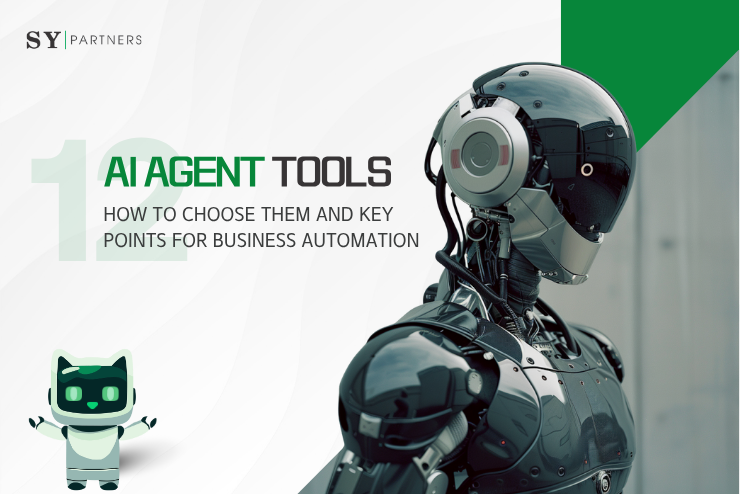


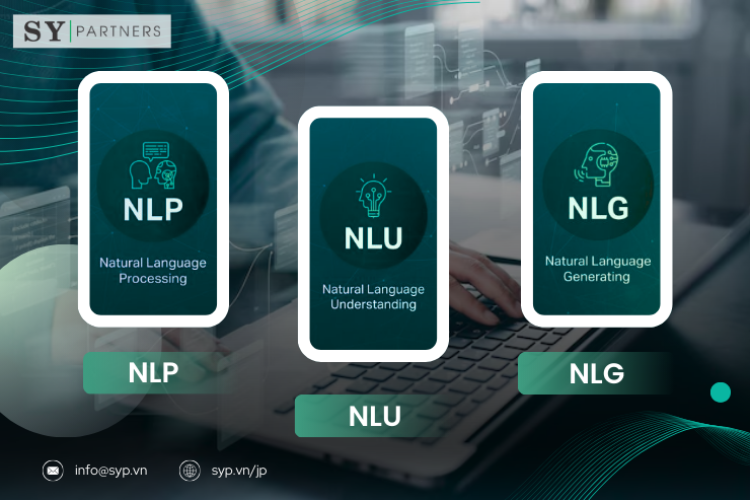
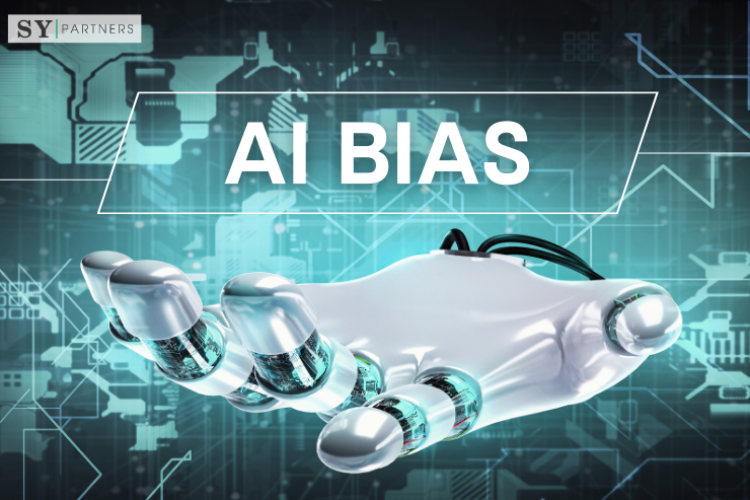
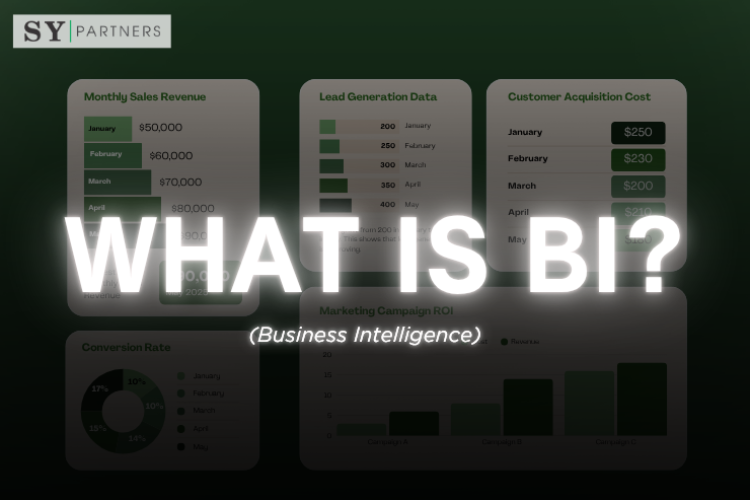



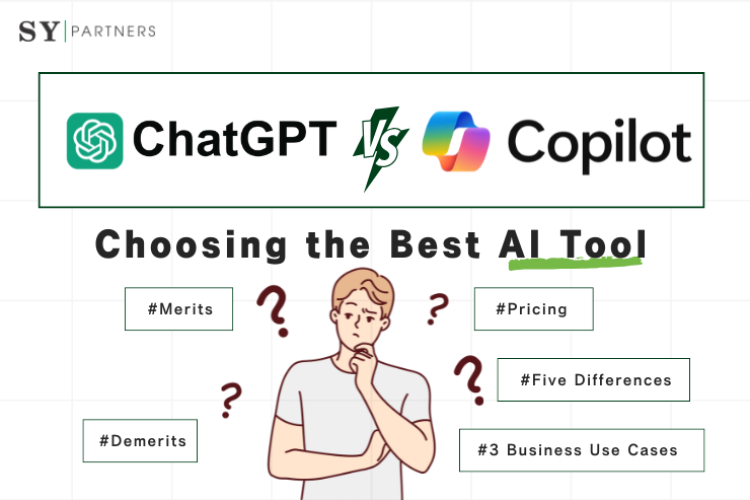
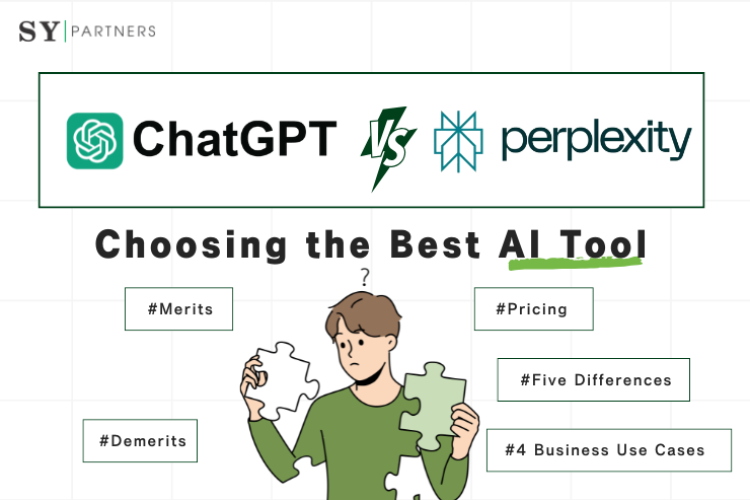
![[For Enterprises] Adoption Rate of Microsoft Copilot and 8 Key Business Use Cases](/sites/default/files/styles/medium/public/articles/%5BFor%20Enterprises%5D%20Copilot%20%E2%80%94%20Corporate%20Adoption%20Rate%20and%208%20Business%20Use%20Cases.png?itok=6MVSPst9)
![[For Enterprises] Grok — Corporate Adoption Rate and 8 Business Use Cases](/sites/default/files/styles/medium/public/articles/%5BFor%20Enterprises%5D%20Grok%20%E2%80%94%20Corporate%20Adoption%20Rate%20and%208%20Business%20Use%20Cases%20%281%29.png?itok=3Vu1lBCh)
![[For Enterprises] Claude — Corporate Adoption Rate and 8 Business Use Cases](/sites/default/files/styles/medium/public/articles/%5BFor%20Enterprises%5D%20Claude%20%E2%80%94%20Corporate%20Adoption%20Rate%20and%208%20Business%20Use%20Cases.png?itok=tc2aEIEt)